
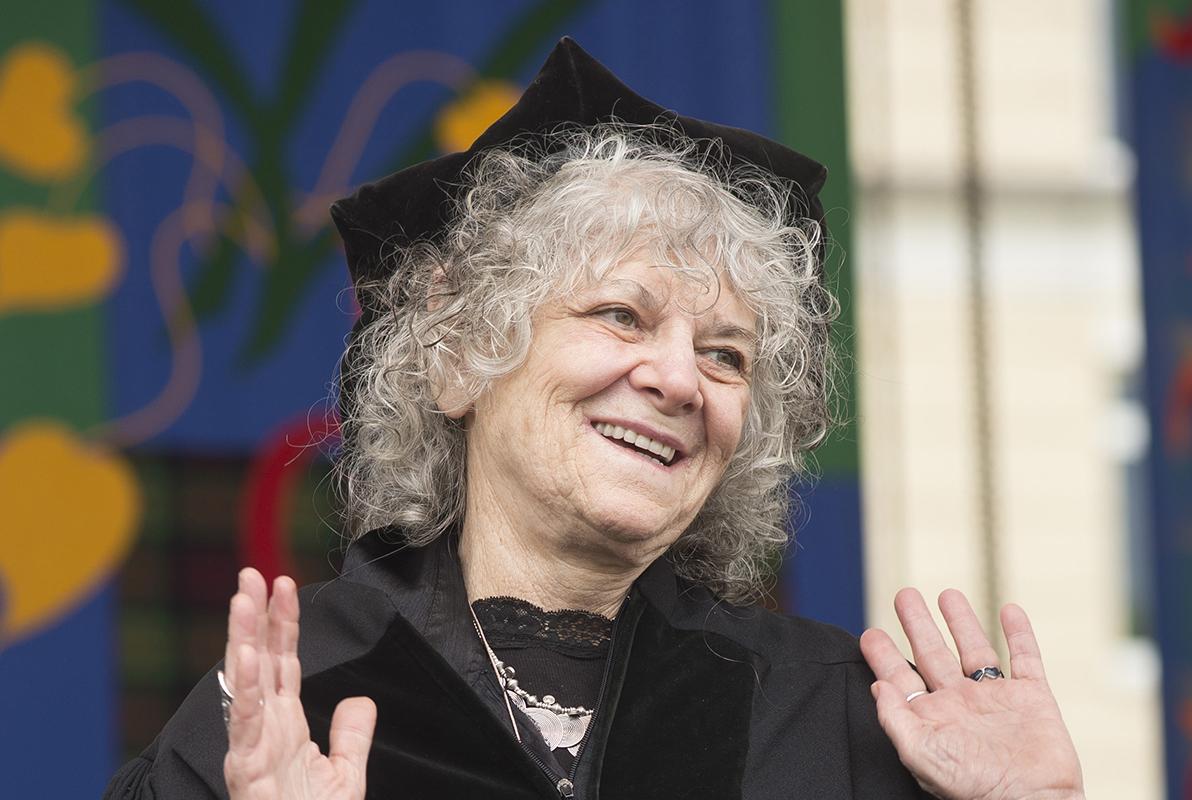
Nobel Laureate Addresses
The class of 2018 had a very special speaker for the Department of Chemistry’s diploma ceremony, Ada Yonath, a winner of the 2009 Nobel Prize for Chemistry.
Yonath was a postdoctoral researcher in the Mellon College of Science in 1969, shortly after the Mellon Institute and Carnegie Tech merged to become Carnegie Mellon. She was invited back a little less than 50 years later to accept an honorary doctor of science and technology.
While she was here, Yonath talked with chemistry graduates at a reception and addressed them at the diploma ceremony. She imparted one piece of wisdom:
“Don’t look for advice. Do what you feel is good for you. [Something] that you can contribute, that you can find yourself, that you can love.”
Yonath is one of the most prolific scientists in the world. She earned the Nobel Prize for her pioneering independent studies of the structure and function of the ribosome, specifically uncovering what the ribosome looks like and how it functions at the atomic level. Using X-ray crystallography, Yonath mapped the position for every one of the quarter of a million atoms that make up the ribosome.
Today, Yonath focuses her research on the process of protein biosynthesis, its inhibition by antibiotics and its possible relation to the origin of life.
After graduating from Hebrew University and earning her Ph.D. from the Weizmann Institute of Science, she completed postdoctoral studies at Carnegie Mellon University and MIT. In 1971, she established the first structural biology laboratory in Israel. From 1986 to 2004, she headed the Max Planck Research Unit for Ribosome Structure in Hamburg, Germany.
In addition to the Nobel Prize, Yonath has earned numerous awards, including the Israel Prize, the Paul-Karrer Medal, the Louisa Gross Horwitz Prize, the Ehrlich Ludwig Medal, the Linus-Pauling Gold Medal, the Wolf Prize, the UNESCO/L’Oreal Award, the Albert Einstein World Award for Excellence and the Erice Peace Prize. She is a member of the U.S. National Academy, the Israel Academy, the German Science Academy, the European Molecular Biology Organization and the Pontifical Academy of Sciences in the Vatican.
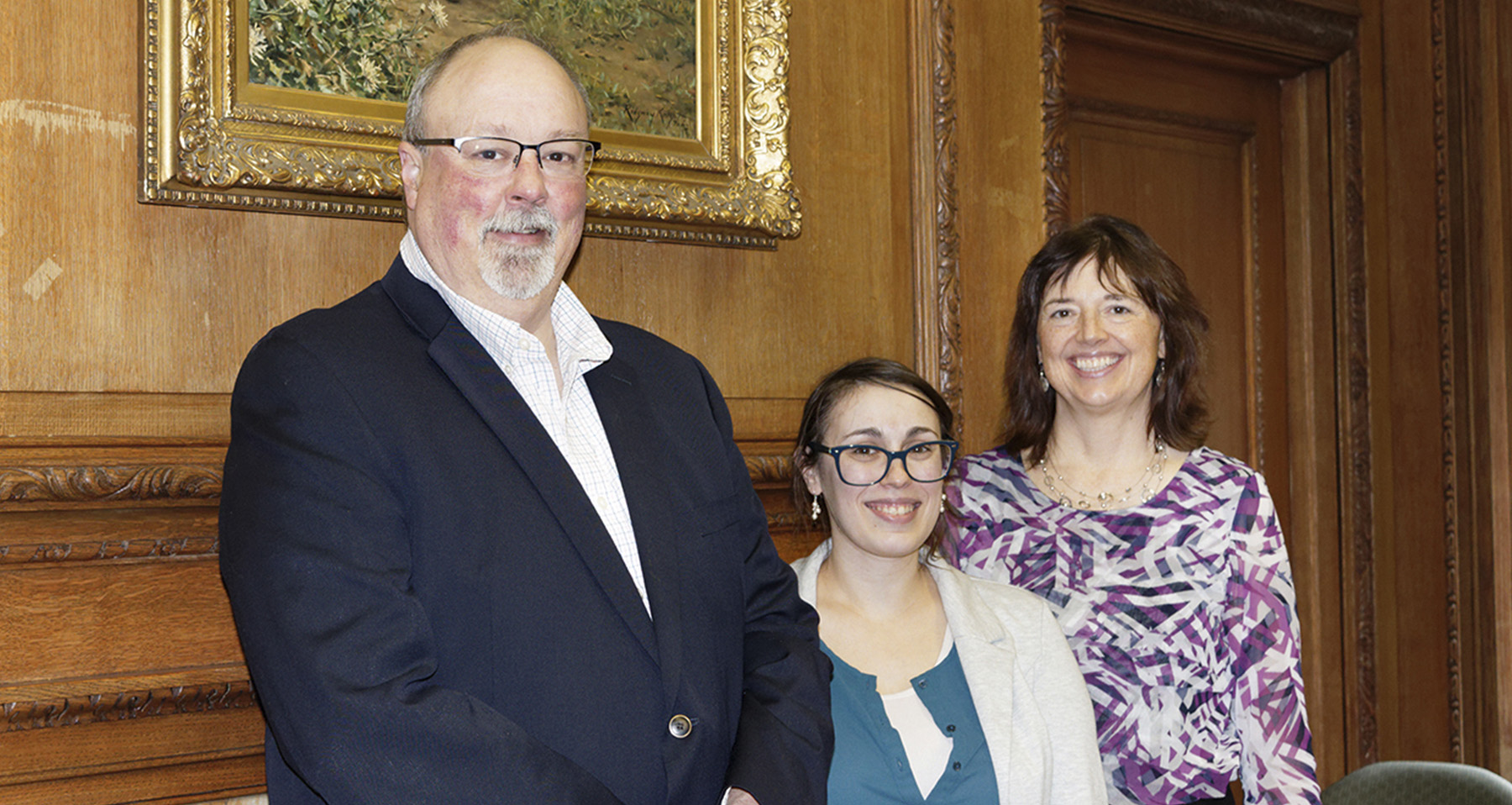
PPG Foundation Recognizes Two Graduate Students with Prestigious Fellowship
Anne Arnold, a member of Assistant Professor Stephanie Sydlik’s research group, and Sipei Li, a member of J.C. Warner University Professor of Natural Sciences Krzysztof Matyjaszewski’s polymer research group, were nominated by the Department of Chemistry for the fellowships, which came with $75,000 to be split among three fellows from the departments of chemistry and chemical engineering.
Arnold’s research looks at modulating the properties of graphene and carbohydrate systems with polymers and small molecules to make them perform better. These systems can then be used for industrial and biomedical needs. Arnold has used them to help develop materials for metallosis treatment, hard and soft tissue regeneration and water dispersible adhesives.
“Since our lab is still relatively new, the fellowship played an important role in expanding our capabilities to progress our projects,” Arnold said, by allowing them to purchase necessary laboratory equipment.
Li’s research aims to improve the cycling performance of lithium metal batteries. “Metallic lithium has been regarded as the solution for next-generation high-energy lithium batteries,” Li noted. Using polymer chemistry, he has been able to create a semi-liquid lithium metal composite anode that can work extremely well with solid electrolytes in advanced batteries.
With his funding from the PPG Foundation, Li attended the Gordon Research Seminar on Nanomaterials for Applications in Energy Technology in February in California. He also plans to purchase chemicals and raw materials for his research.
“PPG considers Carnegie Mellon University to be world-class in several areas, including chemical engineering, advanced energy technologies, autonomous systems and more,” said Mike Makowski, PPG’s manager of new technology initiatives, specialty coatings and materials.
Makowski serves as the liaison for PPG’s engagement programs with Carnegie Mellon. “We are proud to continue supporting the development of the next generation of chemists and engineers who will create tomorrow’s innovative technologies.”
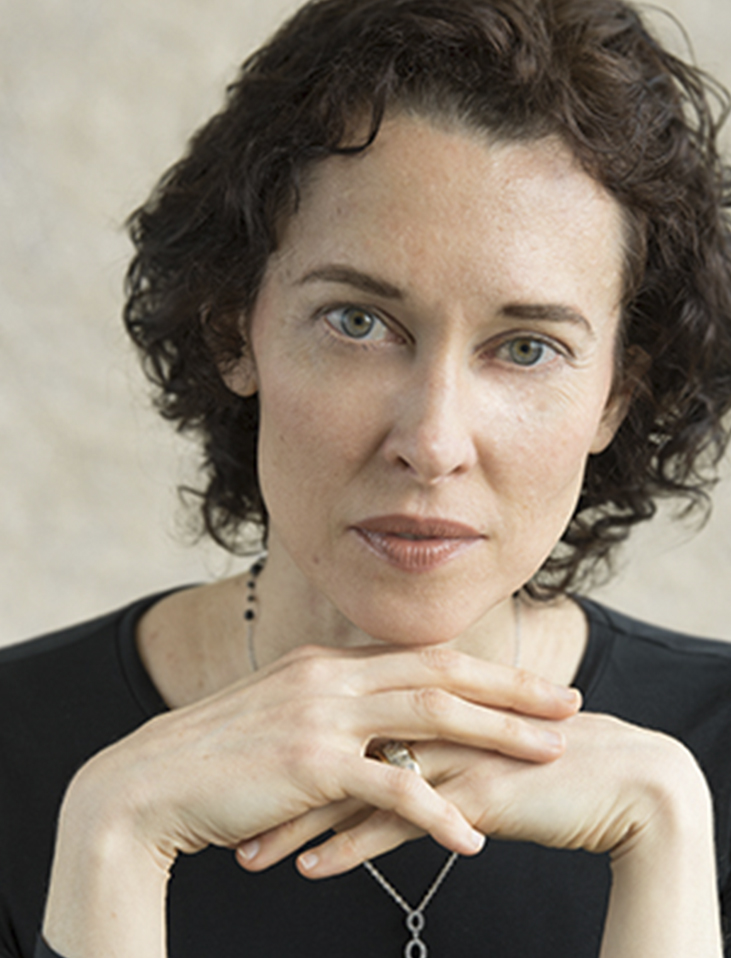
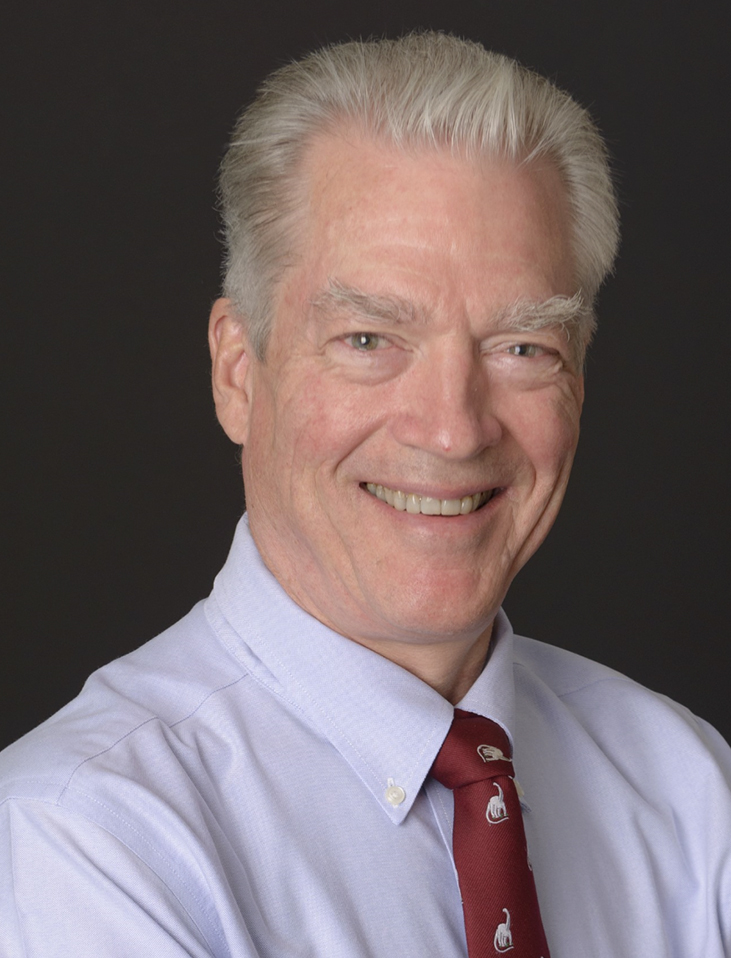
PPG Foundation Recognizes Two Graduate Students with Prestigious Fellowship
Anne Arnold, a member of Assistant Professor Stephanie Sydlik’s research group, and Sipei Li, a member of J.C. Warner University Professor of Natural Sciences Krzysztof Matyjaszewski’s polymer research group, were nominated by the Department of Chemistry for the fellowships, which came with $75,000 to be split among three fellows from the departments of chemistry and chemical engineering.
Arnold’s research looks at modulating the properties of graphene and carbohydrate systems with polymers and small molecules to make them perform better. These systems can then be used for industrial and biomedical needs. Arnold has used them to help develop materials for metallosis treatment, hard and soft tissue regeneration and water dispersible adhesives.
“Since our lab is still relatively new, the fellowship played an important role in expanding our capabilities to progress our projects,” Arnold said, by allowing them to purchase necessary laboratory equipment.
Li’s research aims to improve the cycling performance of lithium metal batteries. “Metallic lithium has been regarded as the solution for next-generation high-energy lithium batteries,” Li noted. Using polymer chemistry, he has been able to create a semi-liquid lithium metal composite anode that can work extremely well with solid electrolytes in advanced batteries.
With his funding from the PPG Foundation, Li attended the Gordon Research Seminar on Nanomaterials for Applications in Energy Technology in February in California. He also plans to purchase chemicals and raw materials for his research.
“PPG considers Carnegie Mellon University to be world-class in several areas, including chemical engineering, advanced energy technologies, autonomous systems and more,” said Mike Makowski, PPG’s manager of new technology initiatives, specialty coatings and materials.
Makowski serves as the liaison for PPG’s engagement programs with Carnegie Mellon. “We are proud to continue supporting the development of the next generation of chemists and engineers who will create tomorrow’s innovative technologies.”
♦ Joyce Defrancesco
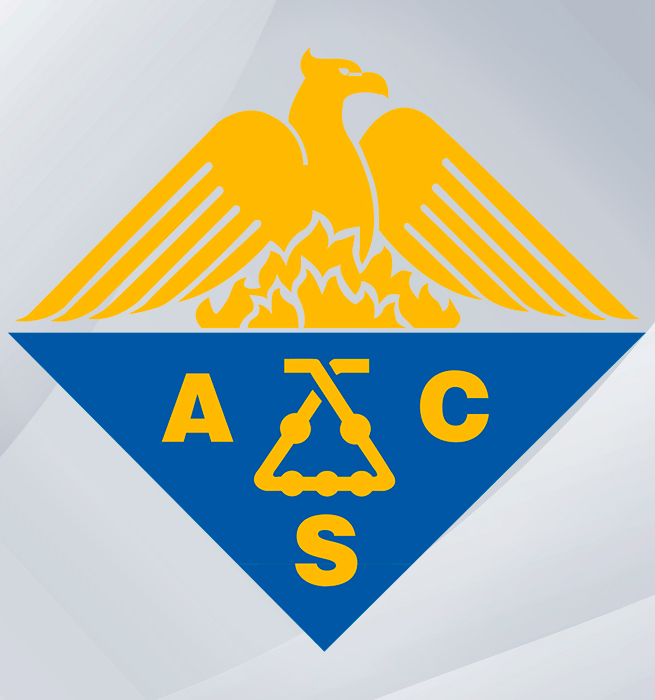
Chemistry Alumni Named ACS Fellows
Five Department of Chemistry alumni were among 51 scientists named to the 2018 class of American Chemical Society (ACS) Fellows. The honor of ACS Fellowship is reserved for only a small portion of the society’s membership. Of the more than 150,000 members, only 1,110 are fellows.
Teresa Head-Gordon (S 1989) was recognized for developing theoretical models and computational methodologies that are applied in chemical physics and biophysics for water and solvation, macromolecules and assemblies, polymers, interfaces and catalysts. She is currently the Chancellor’s Professor of Chemistry, Bioengineering and Chemical & Biomolecular Engineering at the University of California, Berkeley and a faculty staff scientist at the Lawrence Berkeley National Laboratory.
Malika Jeffries-EL (former postdoctoral associate, 2005) was recognized for synthesizing novel organic semiconductors for use in applications, including light-emitting diodes and solar energy conversion. She has been an ACS volunteer for almost two decades and received the 2015 Stanley C. Israel Regional Award for Advancing Diversity in the Chemical Sciences. She is currently an associate professor in the Department of Chemistry and Division of Materials Science at Boston University.
Melissa A. Pasquinelli (S 2002) was recognized for advancing knowledge and technological innovations through computational thinking “from the nanoscale,” excellence in teaching and mentoring budding scientists and engineers, and effective leadership and advocacy. She is currently the associate department head, director of graduate programs and a professor in North Carolina State’s Department of Textile Engineering, Chemistry and Science.
Daniel A. Savin (S 2002) was recognized for his outstanding contributions to the field of polymer physical chemistry, using light scattering for the solution characterization of self-assembling biomaterials and hybrid nanoparticles. He is currently an associate professor in the Department of Chemistry at the University of Florida.
Doris Zimmerman (S 1964) was recognized as a tireless educator who encouraged everyone, especially women, to pursue careers in chemistry. As a teacher, she modeled excellence in science to thousands of students. A retired faculty member from Thiel College, Zimmerman has served in leadership roles within ACS for more than 27 years.
